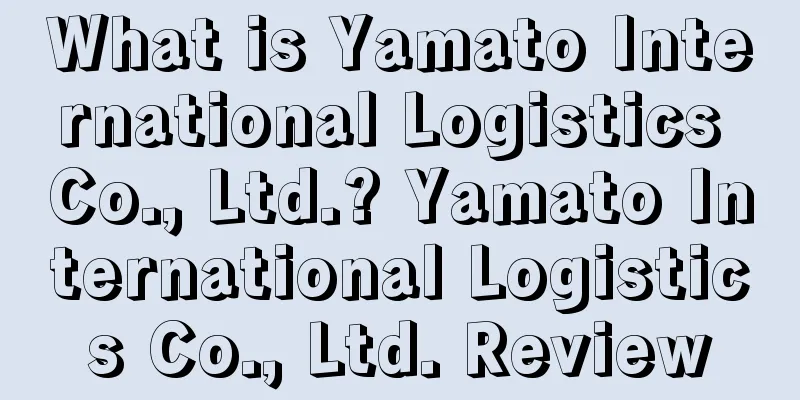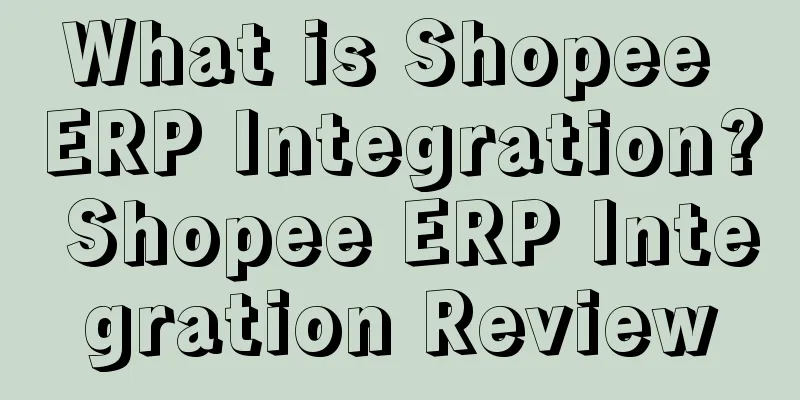Is Temu-style full hosting revolutionizing cross-border merchants?

|
Temu is not a pioneer in the full-hosting model, but it is the initiator of the full-hosting wave sweeping across the cross-border market. From its belated entry into the cross-border market in September last year, to its rapid rise to the top of the shopping app download list, to its success in taking over 23 sites in less than a year, Temu's rise was so rapid that it left all doubts from the outside world far behind, and it insisted on running wildly on the low-price path. Under the dominance of Amazon, Temu emerged like the "Flash", making a number of old giants begin to feel threatened. Behind this, low price is undoubtedly its sharpest weapon, and how is this weapon forged? The answer is full hosting.
Temu's full hosting allows overseas platforms that have been dragged into the vortex of stock competition to see a new turning point: roll up the upstream supply chain and harvest traffic with high-quality supply resources.
Under this model, consumers get high-quality and low-priced products, the platform optimizes the supply chain, and integrated industrial and trade sellers can maximize the advantages of their products. On the surface, it is a win-win situation for all parties. However, if you peel off the mask of full trusteeship and peek into its true face, you will find that many middlemen are gradually becoming victims.
Although the full hosting craze is getting higher and higher, most sellers still maintain a cautious and even pessimistic attitude, which can be seen from the stories of Temu sellers.
In the previous article about full hosting, "Are Amazon sellers being "eliminated" by full hosting?", we have already discussed its meaning in detail: the platform is fully responsible for the entire sales process, and the merchants are only responsible for product supply. A major hidden danger is that sellers who lose their operational autonomy can easily be strangled by the platform in pricing, and this is the dilemma faced by many Temu sellers.
A seller who focuses on the supply chain revealed : "We currently have more than a thousand active SKUs, but most categories do not have price advantages on Temu during the price negotiation stage. Buyers basically cut directly to the main arteries when negotiating prices, and the prices are even far below the cost price. Currently, only a small number of styles are profitable, and the rest are selling at a loss when clearing out old inventory."
The seller was miserable due to the continuous forced price cuts. One of the products was reduced in price three times after only two days on the shelves. If the price was not reduced immediately, he would be banned from the backend. At the same time, the product was also judged as unsalable by Temu, and was ordered to reduce the price for promotion. "When he saw that you had a certain sales volume, he started to reduce the price by two yuan or one yuan, constantly testing your bottom line."
In order to further establish its absolute low-price advantage, Temu's pricing rules are still evolving. In May, a new bidding policy was launched, requiring merchants to bid for the same product once a week, and the one with the lowest price wins. Products that fail to participate in the bidding in time or fail to bid will be restricted from being launched and stocked by the platform.
The complete loss of pricing power means that Temu merchants are constantly facing the risk of price cuts throughout the entire sales process. Once the platform detects that there is a lower price in the market, not only will the customer price have to be lowered, but previously sold products will also need to remain consistent and the corresponding price difference will be deducted.
Of course, under Temu's full hosting, sellers give up more than just pricing autonomy.
The entire sales process of Temu is usually: upload products - product selection and review - send samples - sample review and price verification - apply for stocking - delivery - quality inspection and warehousing - put on shelves for sale - platform delivery - consumer signature - after-sales service.
The full-hosting model is generally defined as the platform taking on all sales links except product selection and stocking, so merchants can be hands-off on the surface. But in reality, the two major hurdles of quality inspection and after-sales service also put sellers in many "forced" situations.
It is reported that Temu's quality inspection policy is almost "hell-level". The platform will compare product pictures with the real objects to ensure that the two are completely consistent. Once there are any stains, color differences, damage, etc., the goods will be forcibly returned one by one. In this process, even if the two parties have disagreements, the merchants have no right to choose.
Forced returns are only one of the problems. The accompanying series of fines are even more painful for merchants: if Temu finds that ≥ 20% of the total number of samples are defective, the seller will pay Temu a compensation of 1,000 yuan per item per order. For each consumer order, the seller will pay a fine of 5 times the declared price.
Not long ago, Temu added another clause: the platform has the final right of interpretation for the return of goods in the warehouse. In other words, Temu has the right to dispose of the goods that have been stored in the warehouse at will without notifying the seller at the same time.
To sum up, sellers under Temu's full-hostage system have become "puppets" of the platform rather than hands-off bosses. They voluntarily surrender the rights that originally belonged to the role of "sellers", perform their due obligations step by step under the guidance of the platform's rules and regulations, and bear the sales risks at any link.
Even if this puppet has self-awareness and is unwilling to accept forced manipulation such as price cuts, returns, and fines, the traffic threads that are the core of control are in the hands of Temu, and you are just one of thousands of puppets. The right to choose belongs to Temu from beginning to end.
Cross-border e-commerce has evolved over the past 20 years, from primitive to mature, and has formed four major chains today:
|
>>: Amazon strikes hard! These sellers' accounts have been blocked...
Recommend
What is Brightpearl? Brightpearl Review
Brightpearl is an omnichannel retail management sy...
What is Paytm Mall? Paytm Mall Review
Paytm mall is an online trading platform launched ...
What is Socialadscout? Socialadscout Review
Socialadscout is a social advertising monitoring t...
U.S. footwear sales fell in the first quarter! Detailed data on the sub-category market was released
It is learned that according to data from the NPD ...
Deloitte: U.S. back-to-school spending to fall for the first time in nine years!
Back-to-school spending is expected to fall for th...
FedEx is trialing electric vehicle delivery service! Plans to expand to 10 cities in North America!
<span data-shimo-docs="[[20,"获悉,据外媒报道,联邦快递...
Why does cross-border e-commerce need ChatGPT?
As a typical representative of globalized Interne...
Big news! New changes have taken place in Amazon's delivery process!
The express delivery giant UPS will launch a natio...
Amazon's Big Notice! Commission and FBA Tax Standards Confirmed!
When Amazon notified everyone last week that it wo...
U.S. import demand is falling off a cliff, and February may see the biggest drop in three years!
It is learned that according to the latest monthly...
What are Amazon direct reviews? Amazon direct reviews
The so- called Amazon direct review is to write a ...
What is INTTRA? INTTRA Review
INTTRA is the world's largest multi-carrier e-...
What is Cross-border E-commerce ERP? Cross-border E-commerce ERP Evaluation
Cross-border e-commerce ERP (Enterprise Resource P...
Amazon variant violation storm escalates, sellers should check themselves quickly!
text As we all know, Amazon is a platform that fo...









